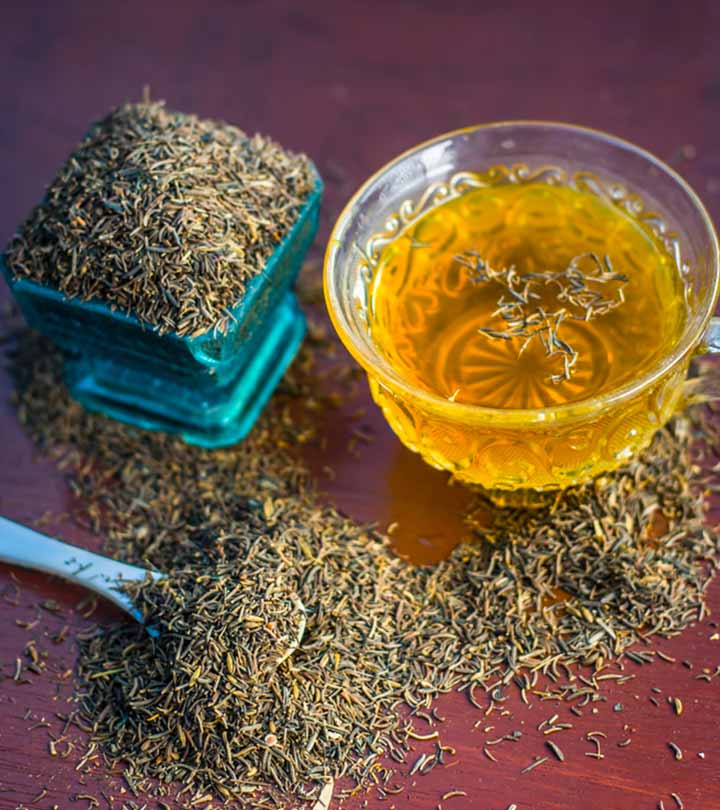Have you canceled party plans so many times because of acidity?
Acidity, or acid reflux, is a condition in which stomach acid flows back into the esophagus (food pipe), leading to symptoms like heartburn. Stomach acidity is a natural part of digestion, but imbalances can cause issues.
What does heartburn feel like?
Burning Sensation: The most distinctive feature of heartburn is a burning sensation or discomfort in the chest, usually behind the breastbone. This burning feeling can sometimes radiate up into the throat.
Location: The discomfort is typically felt in the lower chest area, often described as a burning feeling that may extend upward toward the neck and throat.
Worsening with Position: Heartburn symptoms often worsen when lying down or bending over, as this position can allow stomach acid to flow more easily into the esophagus.
After Meals: Heartburn is often more noticeable after eating, especially after consuming certain trigger foods or large meals.
Sour or Bitter Taste: Some people may experience a sour or bitter taste in the back of the throat, as stomach acid regurgitates into the mouth.
Taking Care Of Your Stomach Health – Tips to Avoid Acidity
If you’re looking to take care of acidity in the stomach or manage acid reflux, here are some lifestyle and dietary tips that may help:
Avoid Trigger Foods: Identify and avoid foods and beverages that trigger your symptoms. Common triggers include citrus fruits, tomatoes, chocolate, peppermint, coffee, alcohol, spicy, and fatty foods.
Smaller, More Frequent Meals: Instead of large meals, opt for smaller, more frequent meals to reduce the amount of stomach acid produced during digestion.
Limit Caffeine and Carbonated Drinks: These can contribute to increased stomach acid production. Opt for water or herbal teas instead.
Avoid Late-night Eating: Allow at least two to three hours between your last meal and bedtime to reduce the risk of nighttime reflux.
Stay Upright After Eating: Avoid lying down or going to bed immediately after eating. Staying upright helps prevent stomach acid from flowing back into the esophagus.
Maintain a Healthy Weight: Excess weight, especially around the abdomen, can contribute to acid reflux. Losing weight if necessary may help alleviate symptoms.
Natural Home Remedies For Acidity Issues
Several natural home remedies may help alleviate symptoms of acidity or acid reflux. However, it’s important to note that these remedies may provide relief for mild symptoms.
Ginger: Ginger has anti-inflammatory properties and can help reduce irritation in the esophagus. You can consume ginger tea or chew on a small piece of fresh ginger to help alleviate symptoms.
Fennel seeds: Chewing on fennel seeds after meals may help reduce acidity. Fennel is believed to have digestive properties.
Yogurt: Probiotic-rich foods like yogurt can help maintain a healthy balance of gut bacteria, which may contribute to digestive health.
Apple Cider Vinegar: While acidic on its own, some people find that a teaspoon of apple cider vinegar mixed in a glass of water before meals can help alleviate symptoms.
Bananas: Bananas are low in acidity and can help neutralize stomach acid. Eating a banana between meals or as a snack may be beneficial.
Chamomile Tea: Chamomile tea can have a calming effect on the digestive system. Drink a cup of chamomile tea before bedtime to help reduce nighttime acidity.
“Prevention is better than cure, but if your condition persists for long, it’s advisable to go for a doctor’s consultation and get proper guidance.”




